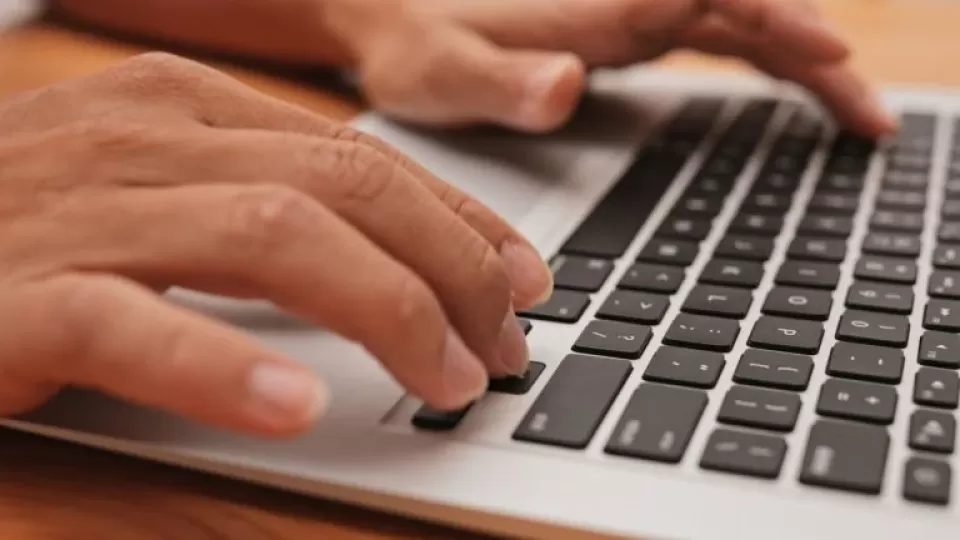January 19, 2023
DAVOS — President Ferdinand Marcos Jr. vows to intensify efforts to address slow internet connectivity and build up cybersecurity in the Philippines in line with his administration’s push to digitalize the bureaucracy.
The President made this remark on Tuesday in an open forum at the World Economic Forum (WEF) in this ski resort town along the Swiss Alps, as he touted the government’s digitalization initiative and improvements in bureaucratic efficiency.
“The security has become a huge issue… that’s what we are trying to design now, a cybersecurity system for this sensitive information,” Marcos said.
He acknowledged that the government would need to do better at connecting millions of Filipinos and revving up initiatives to advance the digital economy.
“The connectivity in the Philippines is still pretty low. And it’s unfortunate because some of the studies we’ve made, the general consumer, if you want to call them that, talks to every facet of their lives through the internet, except for government,” he said.
As such, Marcos said local governments had stepped in to ensure internet connectivity infrastructures are in place to reach Filipinos in the regions.
“So, local governments, and some agencies within the national government, would really take on the initiative and started their own systems so as to be able to communicate… So this has now got to be consolidated and put together,” Marcos pointed out.
“And that’s where we are right now — forming the databases for government, forming the databases that can be used by the national ID, [and] establishing it now,” he said.
Marcos said he would welcome any assistance given to the government to flesh out its digitalization initiatives.
Earlier, he ordered the digitalization of the national ID system to be speeded as the IDs that could be used for public and private transactions.
The Marcos administration has activated thousands of previously offline areas under the Broadband ng Masa (BBM) and “Free Wi-Fi for All” programs of the Department of Information and Communications Technology.


